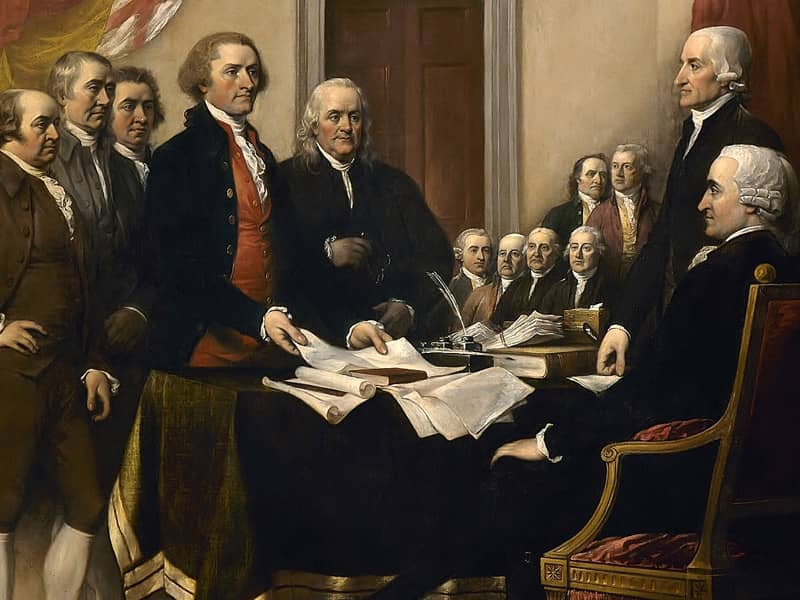Sen. Joseph Lieberman, the Democratic vice-presidential nominee, expressed dismay at "a culture of carnage" fostered by the industry. Lynne Cheney, former head of the National Endowment for the Humanities and wife of Republican vice-presidential nominee Dick Cheney, echoed many of Lieberman's concerns about youth exposure to sex and violence.
But she also took a swipe at the Democratic presidential ticket, asking them to deliver her message of accountability when they attend a fund-raising event Thursday with Harvey Weinstein, co-chairman of Miramax Films.
The heads of major movie studios declined invitations to testify before the Senate Commerce Committee, prompting Sen. John McCain, the panel chairman, to call for another hearing in two weeks.
"Their hubris is stunning," said McCain, R-Ariz. "I have never seen such a thing before."
He has asked the chiefs of Time Warner, Walt Disney Co., Newscorp, Viacom, Miramax, and others to speak at the follow-up hearing.
The industry's top lobbyist, Jack Valenti, denied that the executives intentionally avoided the hearing.
Their absence "is not because they are ducking and running," said Valenti, head of the Motion Picture Association of America. "It's because they literally have other things on their schedule that they could not erase."
Valenti pledged to go to California and discuss with studio heads what improvements could be made in their practices, based on a Federal Trade Commission report released this week that found the entertainment industry aggressively peddles inappropriate material to young audiences.
Parents feel "locked in a losing competition with the culture to raise our children," said Lieberman, a longtime critic of violence and sex in the media whose presence on the Democratic ticket has helped bring the issue into the campaign.
The Columbine High School shootings in Colorado illustrates that the media violence children see "has become part of a toxic mix that has actually now turned some of them into killers," Lieberman said.
McCain pledged to track down those responsible for the most egregious examples cited in the FTC's report, including one studio that distributed R-rated movie passes to high school students and promotional materials to the Camp Fire Boys and Girls.
Mrs. Cheney zeroed in on the lyrics of rap star Eminem's song "Kill You," which describes the artist raping and killing his mother: "They could not be more despicable. They could not be more hateful."
Eminem's album, "The Marshall Mathers LP," is one of the hottest selling music releases.
He was also a target of Sen. Sam Brownback, R-Kan., who displayed posters in the hearing room carrying his lyrics and those of rap stars Dr. Dre and DMX.
"This stuff is not for the fainthearted," Brownback said, "but the music industry has decided it's for our children."
Lawmakers urged the industry to stop marketing materials to young children and went further, suggesting that entertainment executives adopt voluntary guidelines to limit explicit content.
Music producers asserted they have their own limits on what they distribute.
"There is plenty of stuff that crosses my desk that I will not put out," said Strauss Zelnick, president of BMG Entertainment. While he said the industry could consider adopting a more robust system, "I don't think you can analyze a work of art like you can analyze a breakfast cereal."
The video game industry "has a proven commitment to effective self-regulation," said Douglas Lowenstein, president of the Interactive Digital Software Association, which represents game makers.
FTC Chairman Robert Pitofsky has ordered his staff to look at whether action could be brought against the industry for unfair and deceptive advertising. But he warned that "if we were to bring a case, we'd be in the courts for several years."
Instead, he and lawmakers want the industry to follow the lead of The Walt Disney Co., which announced Tuesday it would prohibit theater owners from showing trailers for R-rated films before movies released under its label and that its ABC network would not accept ads for R-rated films during prime time before 9 p.m.

